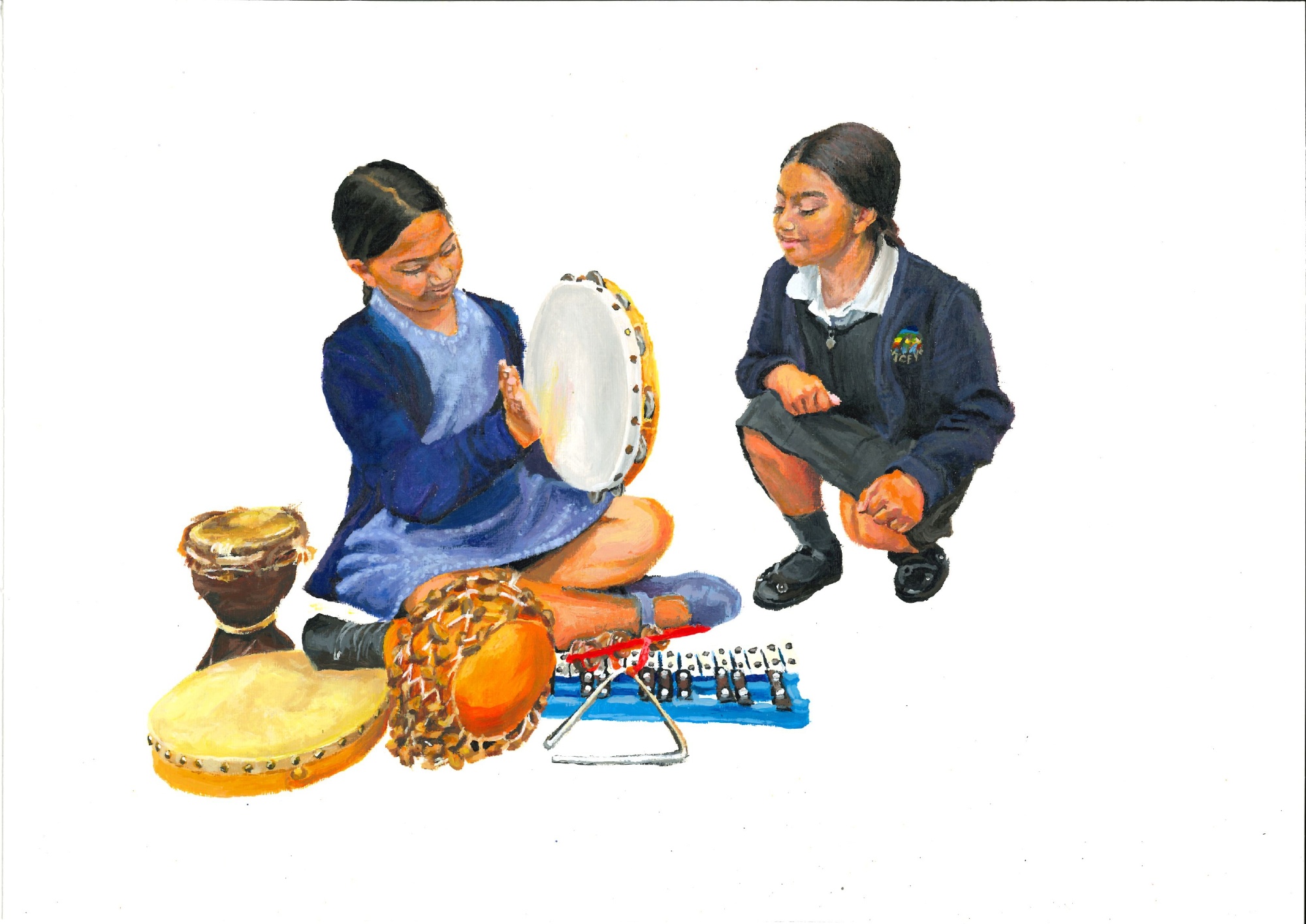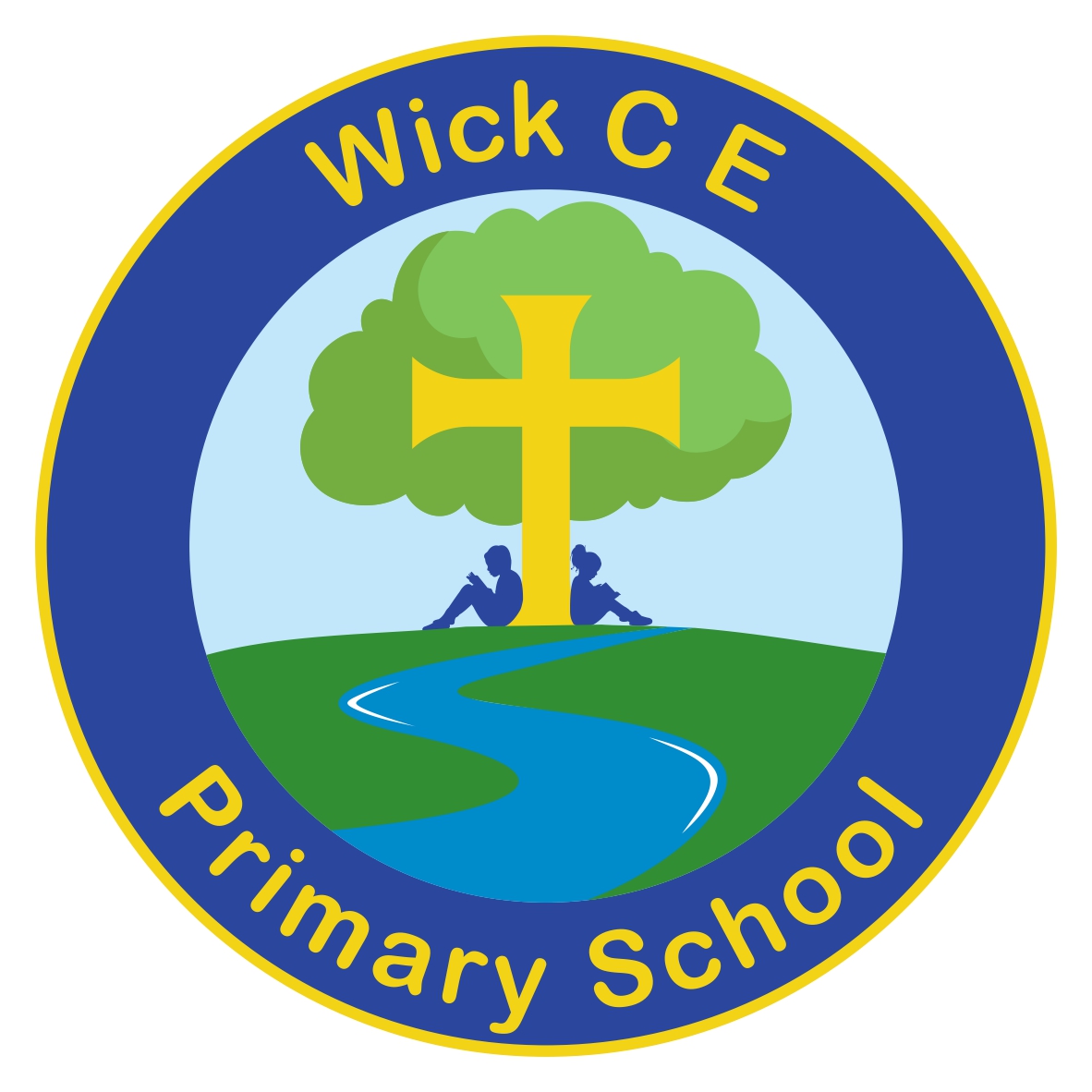Being a Muscian

Being a musician at Wick Primary
Music is an exciting and integral part of life at Wick Primary School and we’re proud to have music at the heart of our curriculum offer. Music inspires creativity and develops essential skills for developing confidence and self-expression, therefore we aim to provide a wide range of musical opportunities for all through our ambitious curriculum and extra-curricular opportunities.
We appreciate Music through forms and introduce our children to a range of genres. As children progress through the school, they will: deepen their understating of how music has developed through time; make links between musical genres; and appreciate how Music is influenced by the great composers, as well as the time and place that it is made.
We aim for all our pupils to develop a life-long love of music, in a school with a musical atmosphere through a wide range of quality musical experiences which engage and inspire them. At the heart of the music curriculum are creativity, curiosity and excitement and children who are developing increased self-confidence, self-esteem and collaborative skills. We aim to build a curriculum with musical sound at the cornerstone with a progressive pathway for every child. Music opportunities will support children’s mental health and allow them time to express their emotions.
How music is taught at Wick
Music at Wick is taught by our specialist Music teacher - Mrs Quinn. She deliverers a progressive curriculum which builds upon prior knowledge and skills from previous year groups. Music lessons are taught for an hour a week. Children will perform, listen and analyse critically, sing, improvise and compose music and understand the musical elements as building blocks within music.
How we evaluate our learners as musicians?
Good progress is demonstrated by secure and incremental learning of the technical, constructive, and expressive aspects of music, developing musical understanding. The music teacher constantly assesses our children through lessons, performances and composition.
The main assessment tool used for music will be teacher observation and teacher-designed tasks. The assessment will be used by the teacher to inform their planning and the management of the learning activities. The teacher will report on the child’s progress in music at parent-teacher meetings, and in the annual report.
